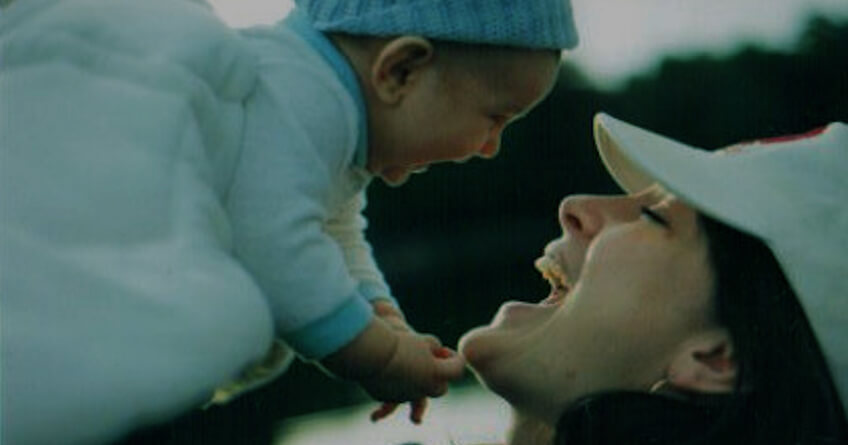
Bonding is the forming of a mutual emotional attachment between the caregiver and the child. In a way it is giving unconditional love by the parent to the child. It helps in the child developing a sense of security and in establishing emotional intimacy and in helping children feel a sense of self worthiness and provides a sense of belonging. Early bonding and attachment between infants and caregivers is one of the most important elements of early childhood development. It is generally agreed that young children ages birth to three who were cared for by their mothers fared better on developmental tests than those placed in group care, childcare centers or with relatives.
If a child is not provided this consistent, loving care, insecure attachments form. Children with insecure attachments believe that the world is not a safe place. They don’t have the experiences they need to feel confident in themselves and trust in others. Because attachment is a fundamental part of children’s development that affects the growing brain, insecure attachment shows itself in many different ways. Children may have trouble with learning, may be aggressive and act out, be excessively clingy, have difficulty making friends, suffer anxiety or depression, or be developmentally delayed. In cases of severe deprivation, abuse or neglect, attachment disorders may form.
However, it is becoming increasingly difficult for working mothers to offer fulltime care in the present times. These parents look towards their relatives or baby care centers to take care of their child. One of the best alternatives is the grand parents who make an excellent substitution to the parents. They not only offer unconditioned love but also form a stimulating environment for the child to develop cognitive and language skills. This is as opposed to a full time maid who may take care of the feeding and other physical needs but generally does not provide a stimulating environment.
Baby care centres can form good options if they are well chosen and if parents can establish a good partnership with them in caring for their child. Strong partnerships between staffs of the baby care centres and parents are important to promoting the bond between parents and their young children in two ways. A solid partnership between them allows for trust and sharing to occur related to the infant’s or toddler’s needs to be met at at home and in the daycare setting. This ongoing exchange of information promotes individualized care and consistency in care giving routines in both settings, and this further supports the infant or toddler. Infants and toddlers who know what to expect in both settings are more likely feel more connected to the centre and the parents.
Small teacher-child ratios, primary care giving, and continuity of care promote consistent daily routines are the mantras to for effective bonding. The ideal situation for this is one teacher for every four children with a group size of no more than eight. The small teacher-child ratio allows the same caregiver to attend to the needs of each infant/toddler. Having one continuous caregiver from the time of enrollment until the child is 36 months or transitions into another child care situation is the practice of continuity of care. Over time this practice helps to strengthen the early relationships that develop throughout the different routines of each day. Even in the absence of regular staff, qualified, familiar substitutes must be used to fill spots to maintain this ratio. Through open communication and ongoing partnering efforts, parents and teachers can support a child’s transition between home and the classroom, and develop consistent daily routines. The quality of interaction between caregivers and very young children as they move through daily routines ultimately strengthens and allows early bonding and attachment to occur with both the caregiver and the parent.
Dr. Nandini Mundkur M.D
Director & Developmental Pediatrician
Centre for Child development and disabilities
